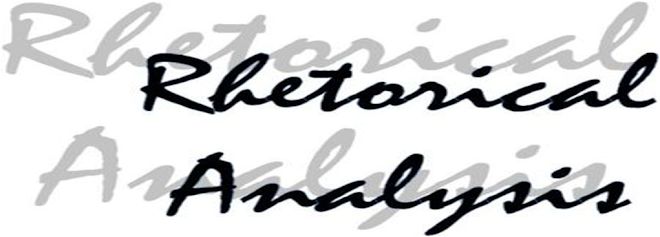March 4, 1933
The Great Depression was triggered in the United States by the stock market crash of October 29, 1929, also known as Black Tuesday. After the crash, profits plunged, prices dropped, and income fell. In the United States, unemployment rose to 25 percent. The nation was hungry for physical and emotional sustenance and Franklin Delano Roosevelt's election came at just the right time. Roosevelt delivered his first inaugural address on March 4, 1933 to a "stricken nation" in need of reassurance and heavy dose of morale booster (par. 22). Kairos is definitely an important part of this speech as he talks to the right people (the Americans in the 1930's) at the right place (inaugural speech) at the right time (during the Depression). In his speech, Roosevelt reaches out to the people of the United States at the perfect time in order to call the nation to action.
Roosevelt is using the opportunity of his inauguration well to talk to the right people. The Americans of the 1930's needed to have their spirits lifted and needed someone to lead them to change. His rhetoric is perfect for his audience. He talks about how "happiness lies not in the mere possession of money; it lies in the joy of achievement, in the thrill of creative effort" (par. 8). The 25 percent of Americans without jobs and everyone else who was getting less pay would have liked to hear that happiness doesn't come from having money. He goes on to invoke friendly feelings of teamwork when he speaks of "the American spirit of the pioneer" and the "policy of the good neighbor" (par. 16, 17). Roosevelt's speech was for all Americans who were listening all together. The people of the United States needed to work together in order to pull out of the Depression.
Roosevelt not only talks to the right people but he does it in the right place. Every person in the United States was aware of the changes in presidential office. In the 1932 election, Roosevelt won by a landslide with Hoover carrying only six states and less than 40 percent of the popular vote. People were obviously interested to hear what he had to say and therefore either listen to or read his speech. If one wants the people to hear something, a speech, specifically an inaugural speech, is an excellent way. He's able to give specific ideas for restoration and change. Roosevelt discusses "the putting of first things first", "lines of attack", and then "interdepence on each other" while showing the steps of how he plans on putting the country back together (par. 15, 14,18). What better place than the inauguration to address the people on how the "nation will endure as it has endured, will revive and will prosper" (par. 1)?
The final piece to making the kairos situation perfect is using rheotric at the right time. Roosevelt begins his speech by sympathizing with the people and discussing their "common difficulties" (par. 3). He doesn't try to sugar coat the situation but instead says that "only a foolish optimist can deny the dark realities of the moment" (par. 4). At the time of his inauguration, the country was in a sad state. Many were unemployed, people were going hungry, and despair was around every corner. Roosevelt came into office at a tough time, in the midst of an incredibly large financial crisis. The timing was just right for him to come in and lift the country.
After sympathizing and including himself as an American, and after giving encouragement, Roosevelt builds up to a call to action. He says "this Nation is asking for action, and action now" (par. 10). This need for action is supported by the fact that the tasks ahead "can never be helped by merely talking about it" and Roosevelt says "we must act, we must act quickly" (par.12). The kairos of the situation, the right people at the right place at the right time, works so well for him that he is able to instill a fresh vision in the American people. The people were able to press forward to strengthen each other and the country, fortified by the fact that "the only thing we have to fear is fear itself" (par. 2).

You clearly know your facts about FDR's inaugural speech! You incorporated enough information about each portion of kairos and showed that you have a clear understanding of it. I liked how you mapped out what aspects of kairos he uses in the introduction. It allows readers to follow and understand your thinking even before you start to analyze his rhetoric.
ReplyDeleteGreat Job!
You need to cite your background info on the 1930s economy...where did you get that unemployment figure, for example?
ReplyDeleteAlso spend some more time on what the objectives of the speech might have been: clearly, an inauguration is an important time. Is he using it to gain public support for his priorities? To reassure people that he is "their" president and understands their suffering, to raise the collective national morale?
Also, what are more of the ways he describes the time within his speech?